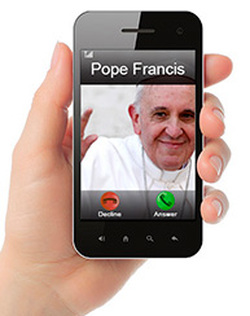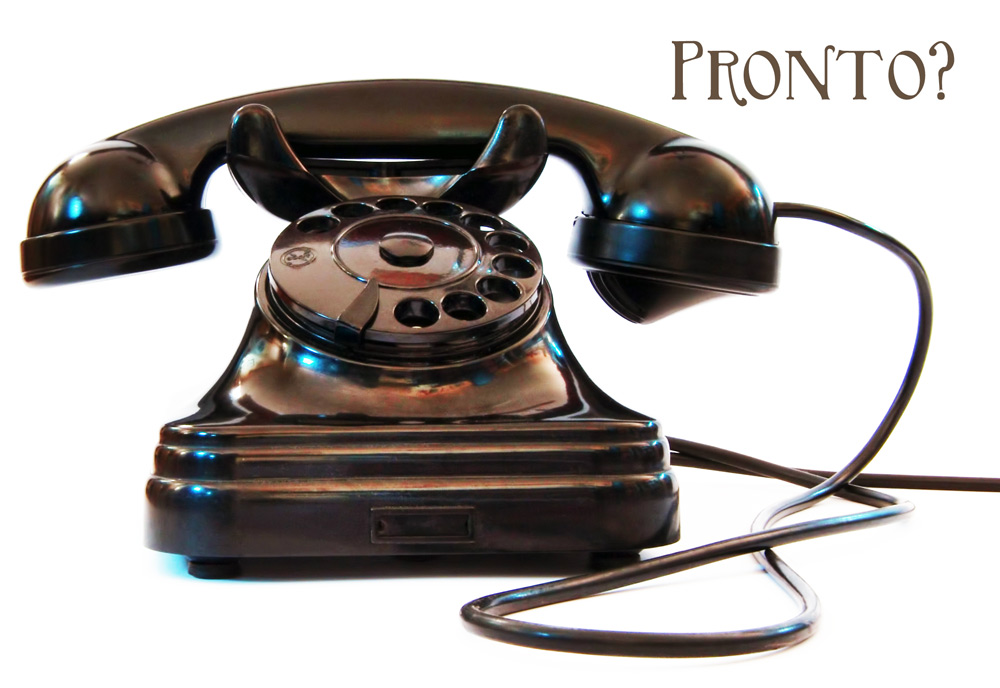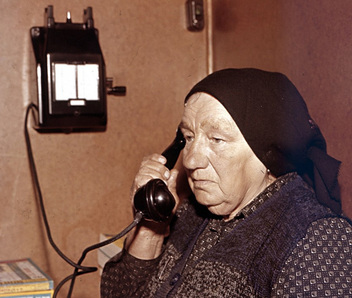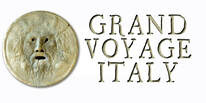 Talking on the phone in any foreign country can be intimidating, especially if you're not all that fluent with the language. But there are other considerations besides the language itself. There's the manner in which you use the phone. In Italy, there are particular ways to say things along with a whole set of proper phone etiquette. First of all, when you pick up a phone and answer it, you use a word that lets the person on the other end know that you are ready to talk. That word is "Pronto" (literally, "ready"). There is good reason for using this particular word in Italy. You would never use "ciao" simply because it would be vague in this situation. "Ciao" can mean both "hello" and a very casual, "bye-bye". So, instead, Italians let you know they are ready to speak or listen. When answering the phone, say "pronto". It is also possible when calling someone who is younger with a more casual attitude toward etiquette, or perhaps a local auto repair shop answering the phone in a hurry, you might hear someone say "Dimmi!" when answering their phone. This literally means "Tell me!" If you hear this, don't be put off by it... it's just a more casual, modern style of answering the phone. When you have initiated the phone call, after hearing the other party say "pronto", you may then use "ciao" (hello), "salve" (a more casual "hello"), "buongiorno" (good day/good morning), "buon pomeriggio" (good afternoon) or "Buonasera" (good evening) before introducing yourself. Italians are formal with strangers, so don't pass this step by. The next step is introducing yourself. Say either "mio nome è (your name)" or "mi chiamo (your name)". The first has some liaison that merges the "nome" with the "è"... since they both make the same "ay" sound (NOM-ay and ay), so I would pronounce it as "ME-o NOM-ay Jerry Finzi". And remember that the "ch" has a "K" sound, so "mi chiamo" would be "ME kee-AMmo.... ". Another way to introduce yourself would be to simply say, "Ciao, sono Jerry Finzi" (Hello, I am Jerry Finzi".) When you pronounce your own name, learn to say it the way an Italian would. I need to roll the "rr" in "Jerry" and pronounce the "z" almost like a "T" sound, the way Italians do. A great tool is Google Translate where you can enter your own name and then, by pressing the speaker button, hear it pronounced in Italian. If you don't try to pronounce your name like an Italian, they may not be able to easily spell it when writing it down. Oh yes... and learn how to pronounce the Italian alphabet. The letters are the same, but you pronounce them very differently when you spell out a word. Here's a video to help you learn how to say the alphabet in Italian:  Ok, so they know who you are, but how do you ask to speak to the person you need? Say "Posso parlare con Jerry Finzi?" (May I speak with Jerry Finzi?) or "Potrei parlare con Jerry Finzi?" (May I talk to Jerry Finzi?) Ok, so you can't speak much--or any--Italian, and want to speak to someone who speaks English. You can say, "Posso parlare con qualcuno che parli inglese, per favore?" (Can I speak with someone who speaks English, please?) or "C'è qualcuno che parla inglese?" (Is there someone who speaks English?") Of course, use the word "grazie" (thanks) when appropriate to respond when people are helpful and responsive. Do not mispronounce it as "GRAT-zee" or "GRAT-zee-ah"("grazia" means "grace"). Instead, try to pronounce it properly as "GRAT-zee-ay". The "ay" is there, but soft at the end. If you listen carefully to locals, you'll notice the three syllables. The end a conversation, say "ciao" (an informal "bye-bye") or "arrivederci" ("goodbye" - more formal or businesslike). To thank them for helping you, say "Grazie per l’aiuto". (Thank you for the help.) You can also use "Buona giornata" meaning "have a good day" (not "buongiornata", which means "good morning" or "buongiorno" meaning "good day/morning"--more commonly used as greetings). Essentially, when you separate "buonA" in front of the time of day "pomeariggio" as example), you are saying "have a good ____". Here is a bit tip for when you have to make a very important call and need to say very specific things--for business, medical emergencies, asking directions, etc.). Use Google Translate ahead of time to translate some phrases for you to use during your conversation, and then save them in Translate's phrasebook as a favorite by pressing the star button. You can then use the phrasebook like a script to keep you on track during the conversation. If you need to leave a voice mail message, keep it short. Italians think it's rude to leave long, rambling messages. Ring... Ring...
"Jerry Finzi qui. Richiamerò più tardi. Non chiamarmi, ti chiamo." (Jerry Finzi here. I'll call again later. Don't call me, I'll call you. )
0 Comments
Your comment will be posted after it is approved.
Leave a Reply. |
Categories
All
Archive
June 2024
|




 RSS Feed
RSS Feed
